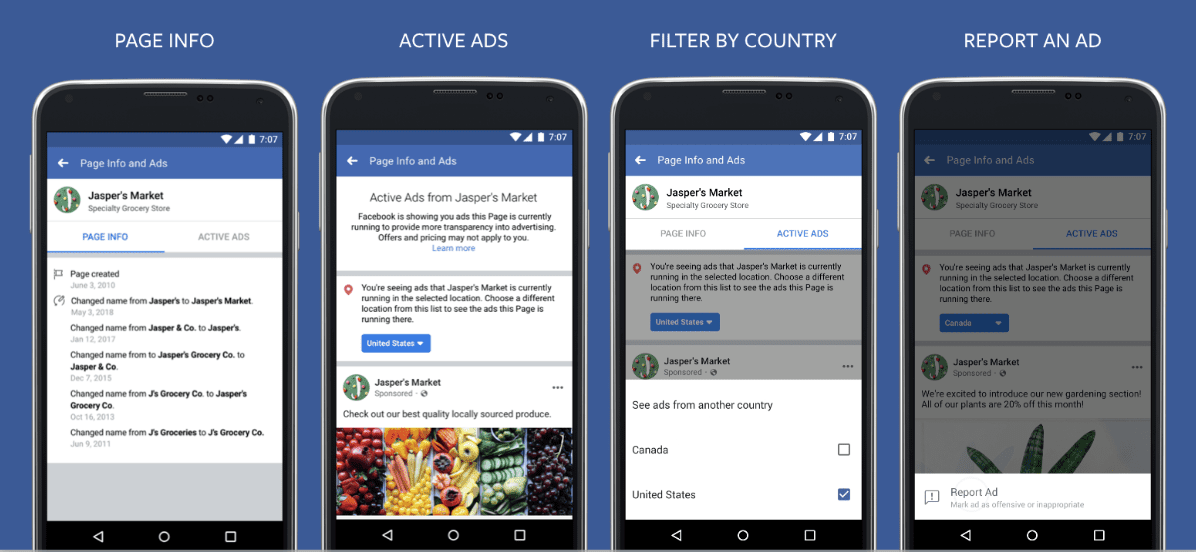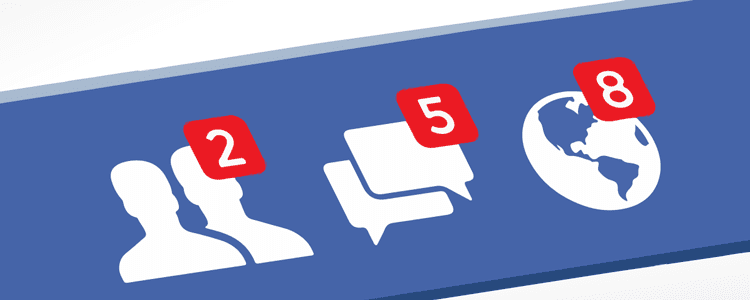The largest data privacy scandal in history is unraveling at a dramatic rate.
Dubbed Facebook’s “collapse” of public trust, the double revelation that Cambridge Analytica, ostensibly a voter-profiling company, collected the data of 50 million Facebook accounts without user permission, and that thousands of third-party developers built apps on Facebook’s platform to gather private information has spurred international outrage.
A partnership between The Observer and the New York Times, and in collaboration with a whistleblower and former Cambridge Analytica employee unveiled a revelatory amount of information; most significantly that Facebook sold and willingly participated in the extraction of information for years, even though CEO Mark Zuckerberg claims that this was done on false pretenses. Not only does this raise questions about the inner workings of the platform itself, but points to the privacy policies of all social media platforms in this malleable, digital age.
With Facebook employees and executives in the midst of crisis management, high-profile individuals like Elon Musk have deleted their Facebook profiles and those of their companies. While information continues to rapidly unfold, here’s what this scandal means for the future of data privacy, and how your business can be affected.
Expect a Facebook Overhaul
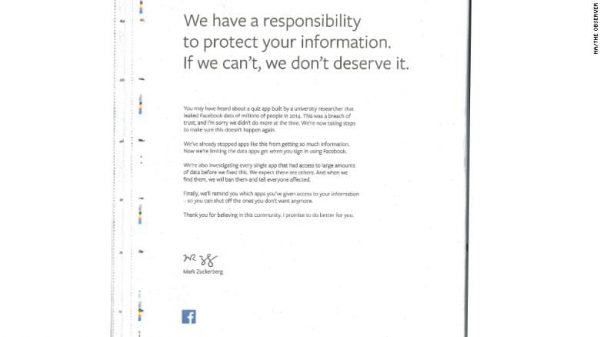
Since Zuckerberg apologized in the form of a full-page ad (above) that appeared in the New York Times, The Washington Post, The Wall Street Journal, The Observer, and more, Facebook has implemented a change in policy, drafted by by Erin Egan, VP and Chief Privacy Officer, Policy and Ashlie Beringer, VP and Deputy General Counsel. Here’s how it breaks down:
Controls will be easier to find and use. Behold a redesigned settings menu on mobile devices that make things easier to find. Instead of having settings spread across nearly 20 different screens, they’re now accessible from a single place. Facebook also claims to have cleaned up outdated settings, so that it’s clear what information can and can’t be shared with apps.
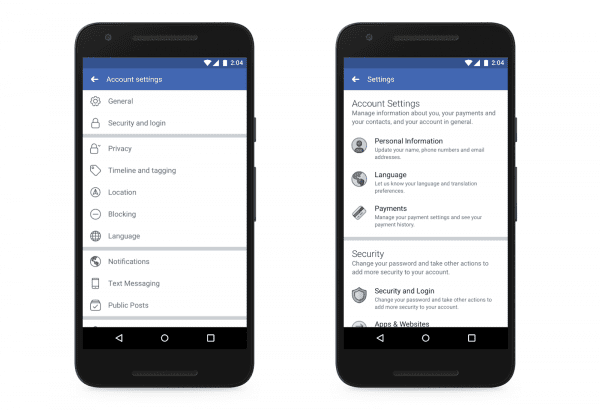
There is a new privacy shortcuts menu. Privacy Shortcuts is a menu where you can control your data on the mobile app, with clearer explanations of how Facebook’s controls work. From here you can: secure and protect your account with two-factor authentication; review what you’ve shared and deleted it if you want to; manage the information Facebook uses to show you ads; and further ways to manage who sees your posts and profile information.
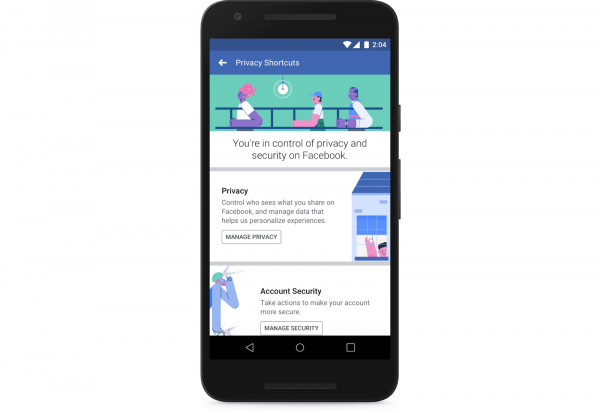
There are new tools to find, download and delete your data. Facebook has developed a feature called Access Your Information – a secure way for people to access and manage their information, such as posts, reactions, comments, and things you’ve searched for.
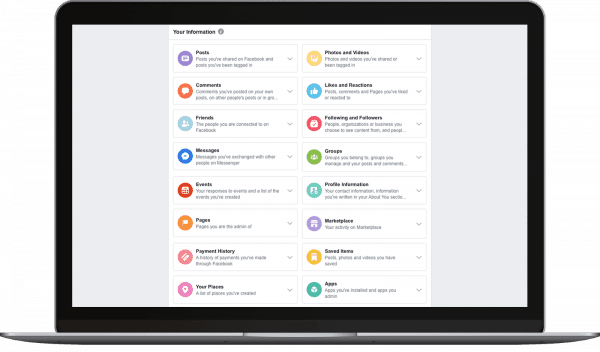
With Access Your Information, Facebook is taking needed steps to secure the information of each individual user. To quote Egan: “these updates are about transparency – not about gaining new rights to collect, use, or share data. We’ve worked with regulators, legislators and privacy experts on these tools and updates. We’ll have more to share in the coming weeks, including updates on the measures Mark shared last week.”
Is Facebook’s Response Too Little, Too Late?
The short answer is no. Facebook still remains the most popular social media network, even with many deleting their profiles in response. While their stock continues to drop, social networks that are up-and-coming will undeniably be upping their privacy tactics to compete with Facebook.
What You Can Do for Your Brand
The best way to stay ahead of the crisis is to evaluate your social media strategy. Is it spread across various platforms? If so, review how much traffic is generated to your website by Facebook, and monitor if there is an imbalance. If there is indeed an imbalance, it may be best to ask your audience what their thoughts are on Facebook, and to evaluate whether your brand is suffering in turn. Showing transparency and concern for privacy is a great step towards solidifying brand loyalty.
In addition, with an increase in privacy settings, it may be more difficult to monitor your Facebook performance. While this concern varies according to industry, these new tactics are designed to limit the amount of information that outside sources are privy to. Drawing up a list of pros and cons for remaining on the platform, and presenting them to your marketing team is a great way to evaluate your strategy.
If you still feel unsure what your relationship should be to Facebook, try conducting an audit on other platforms, APIs, privacy policies and data models, and see if this will negatively affect your business’s performance.
Facebook is going through one of the toughest period since its inception. While this may not have a huge effect on your direct business, it is worth noting that there will be a variety of policy changes unfolding in the comings weeks and months. Be ready for them and don’t let that affect your performance. Stay on top of the new privacy policies and monitor your performance on the platform more often than usual.
Don’t forget to share this article
